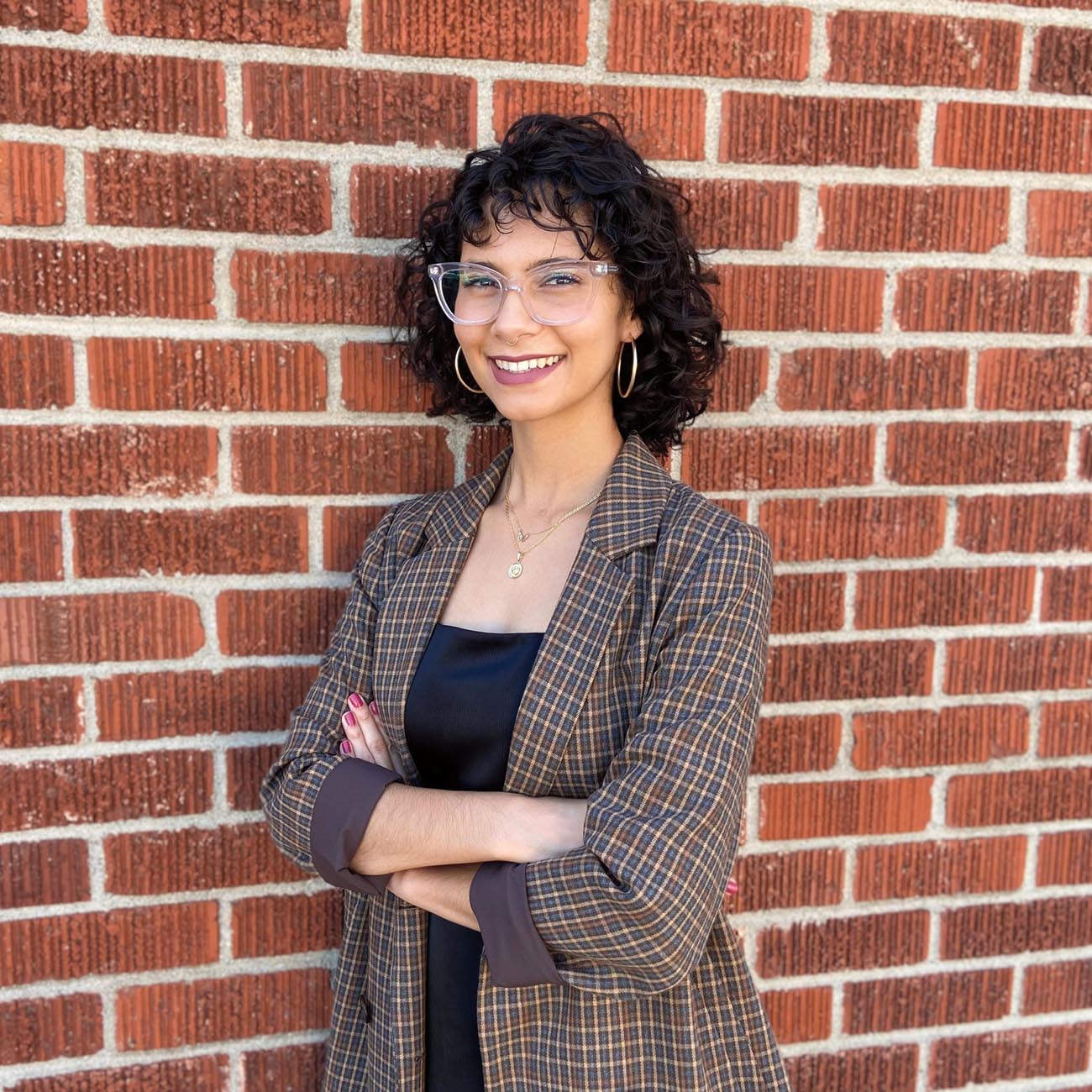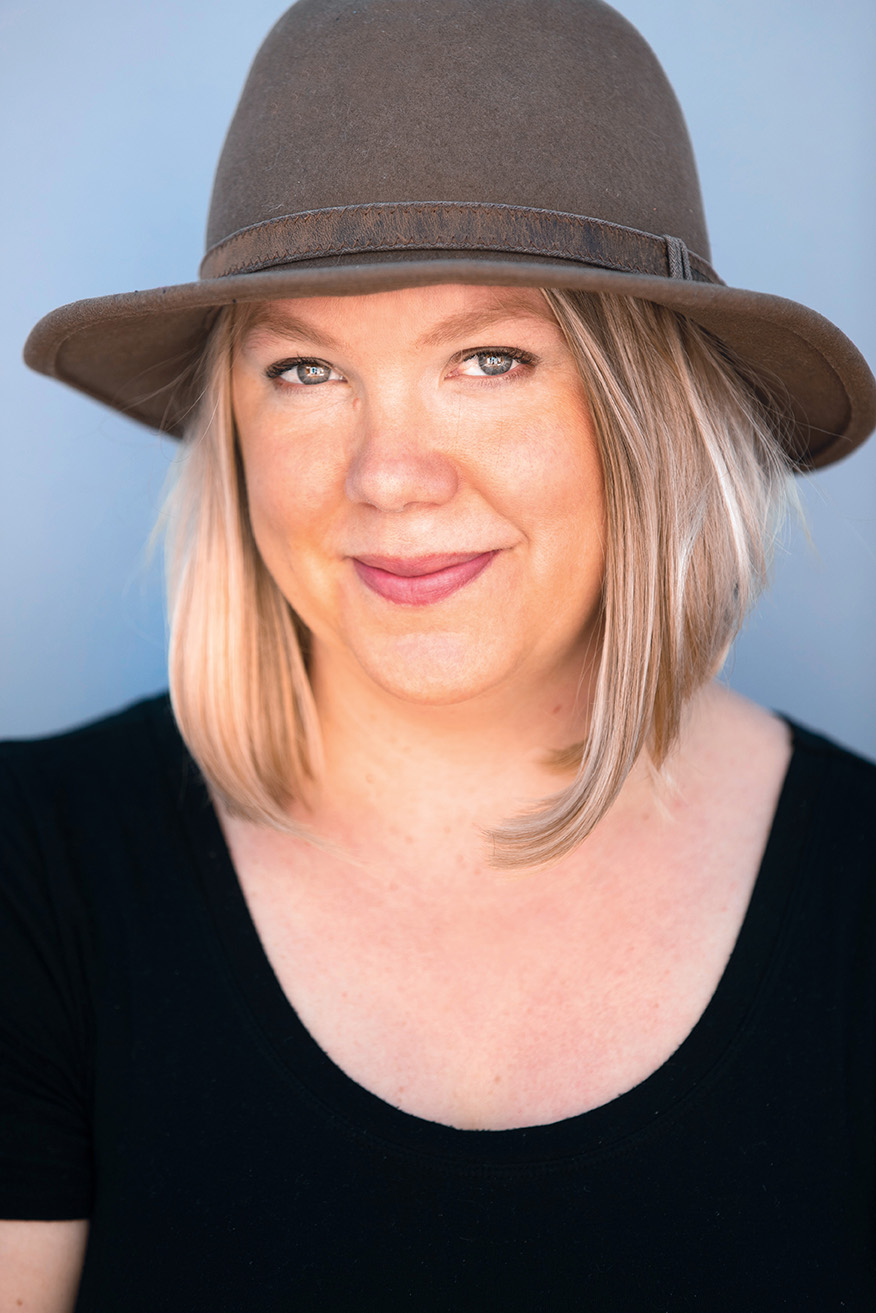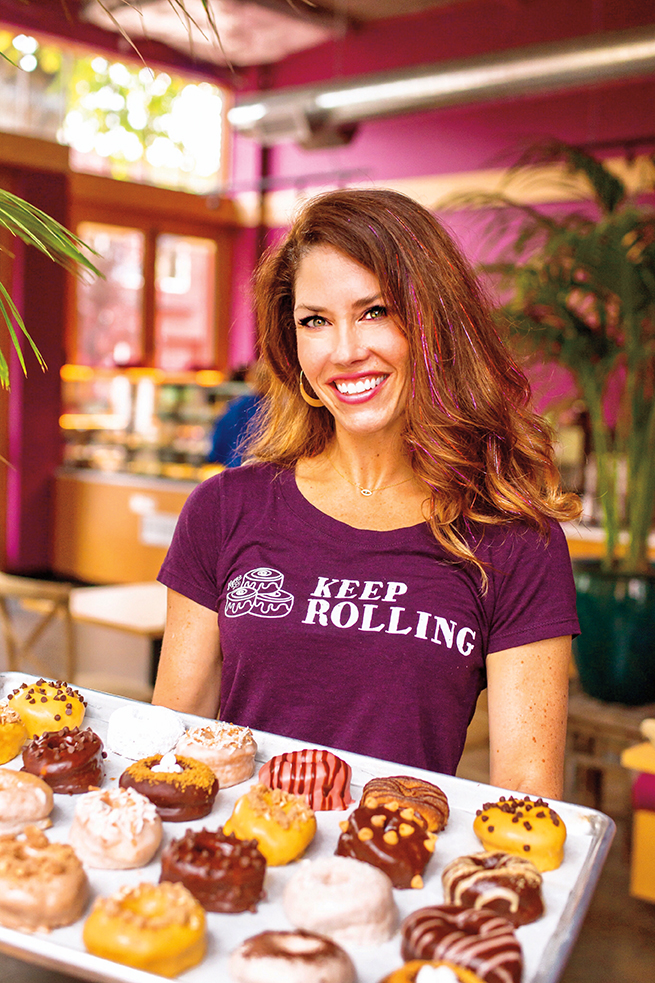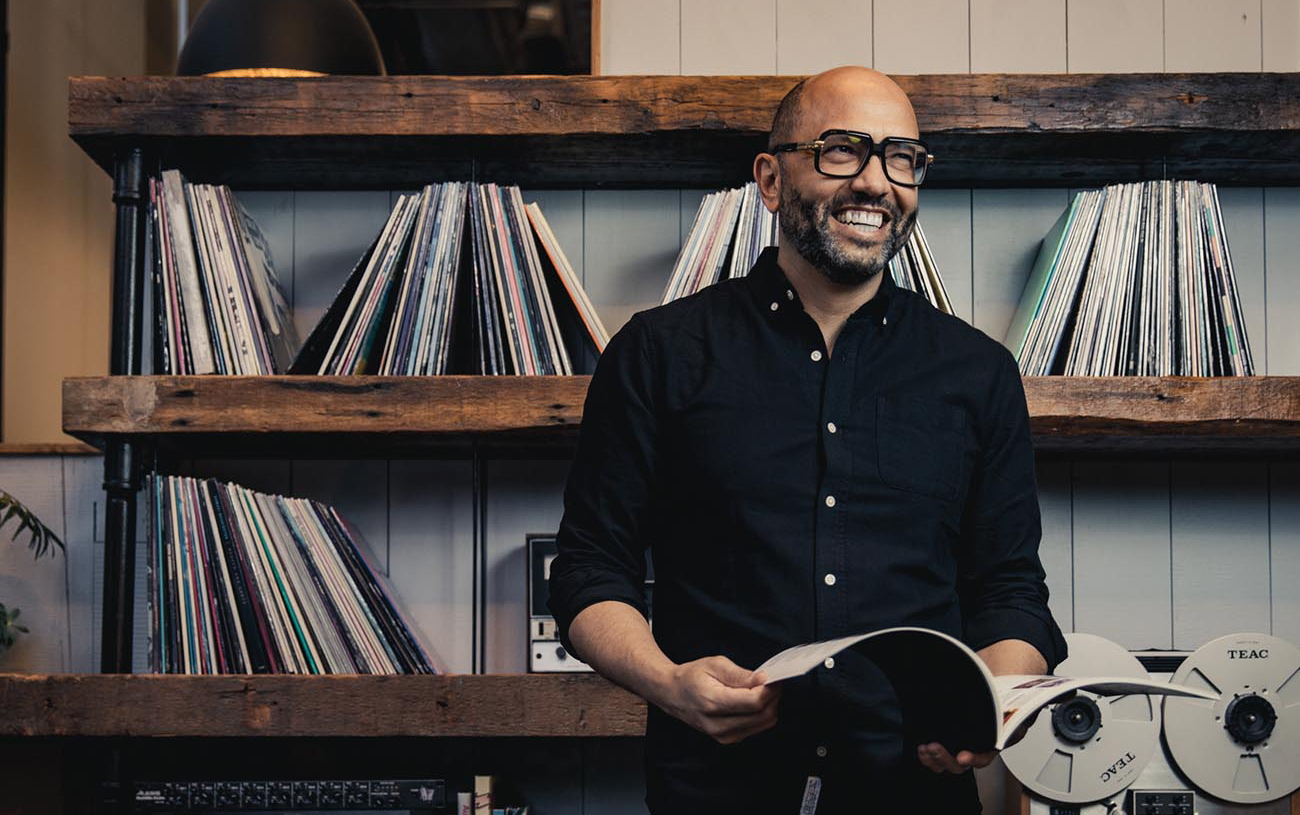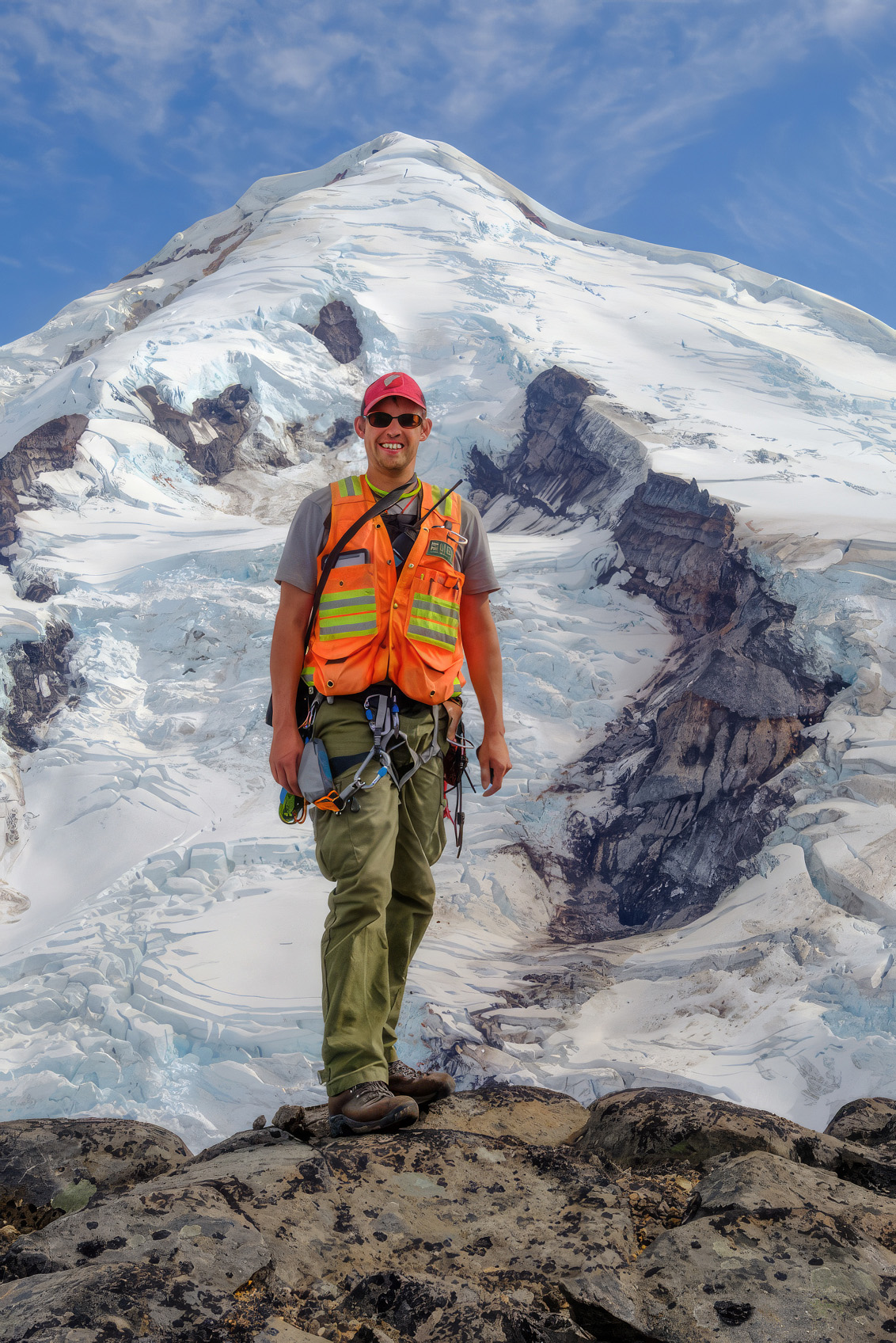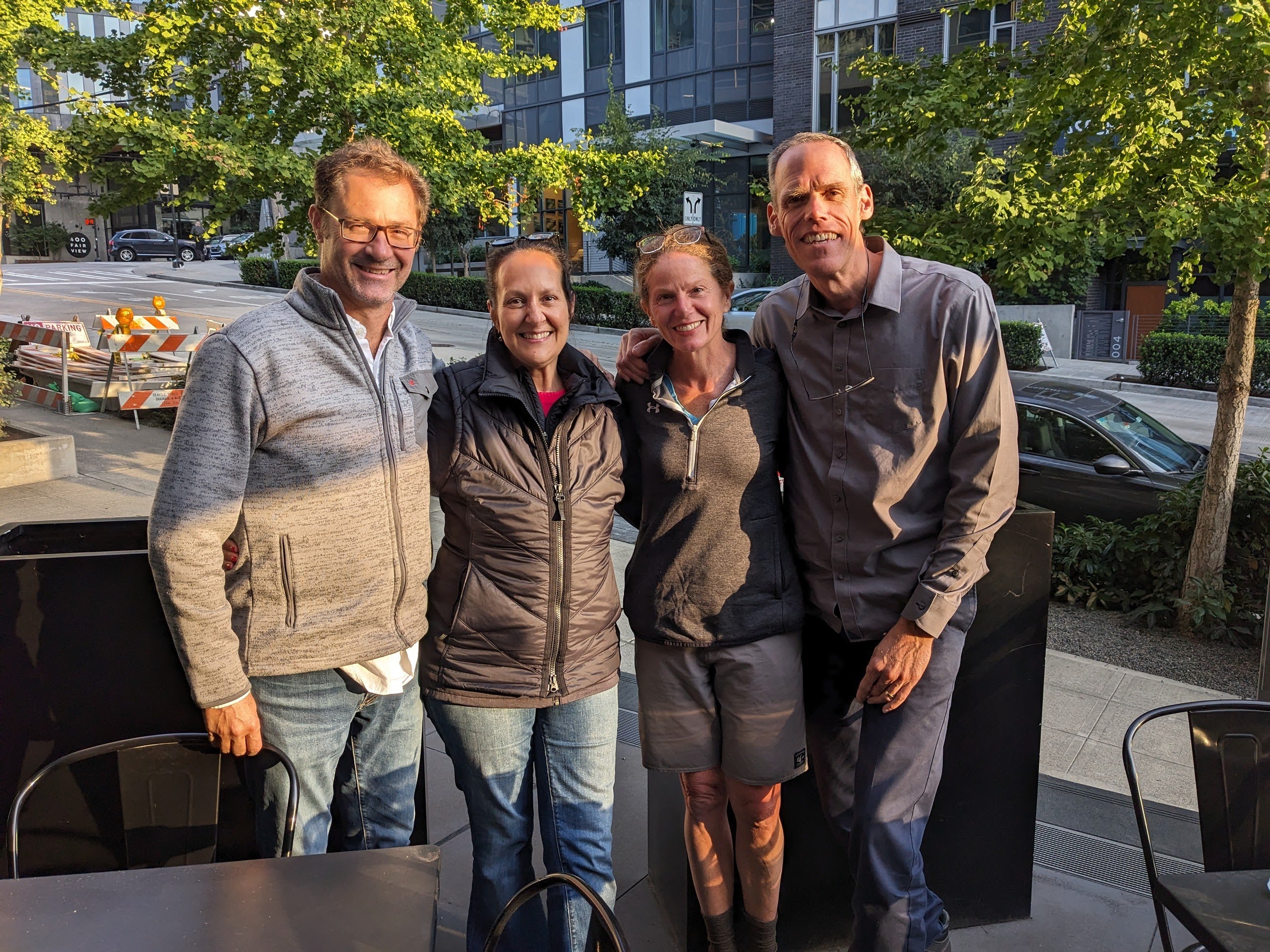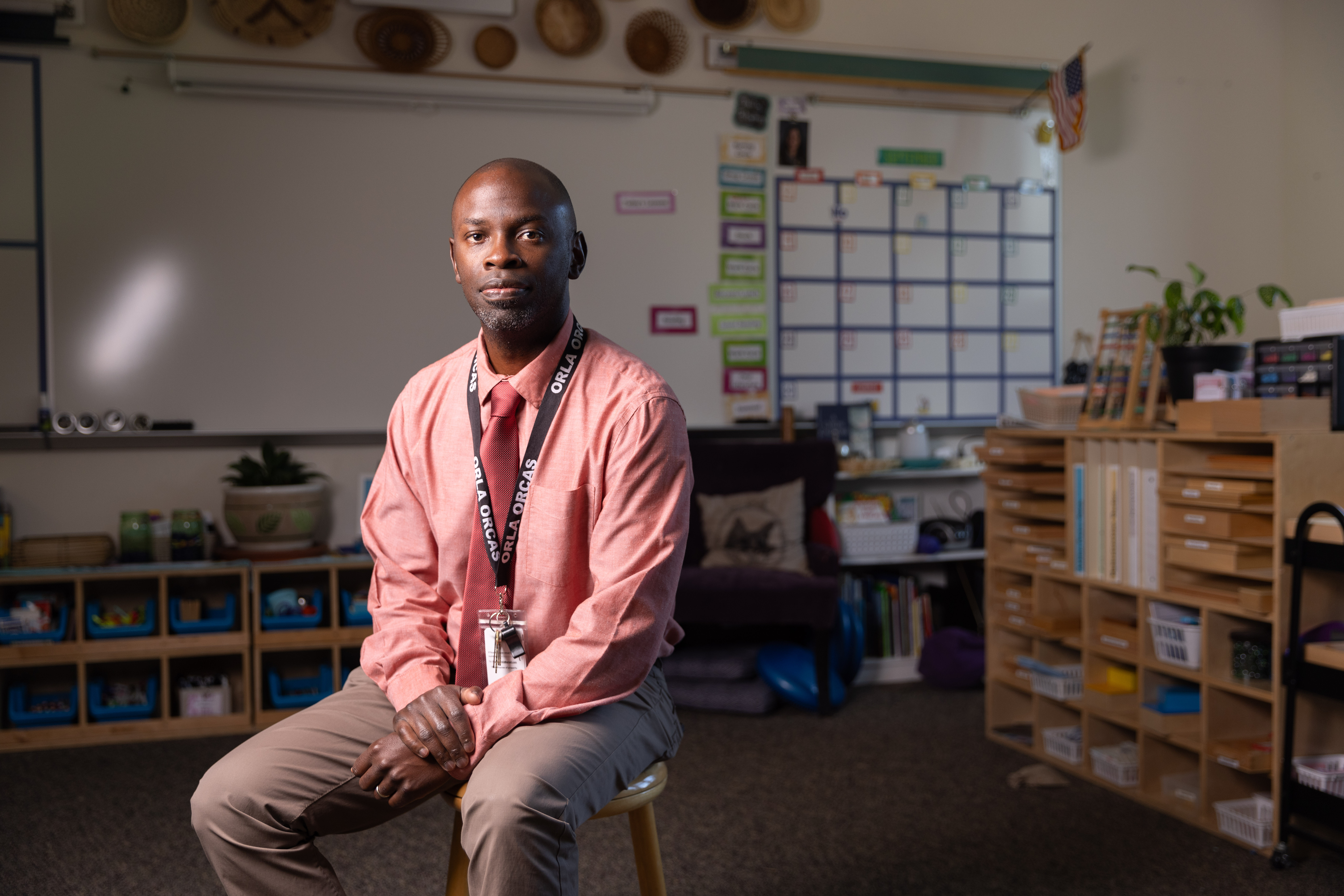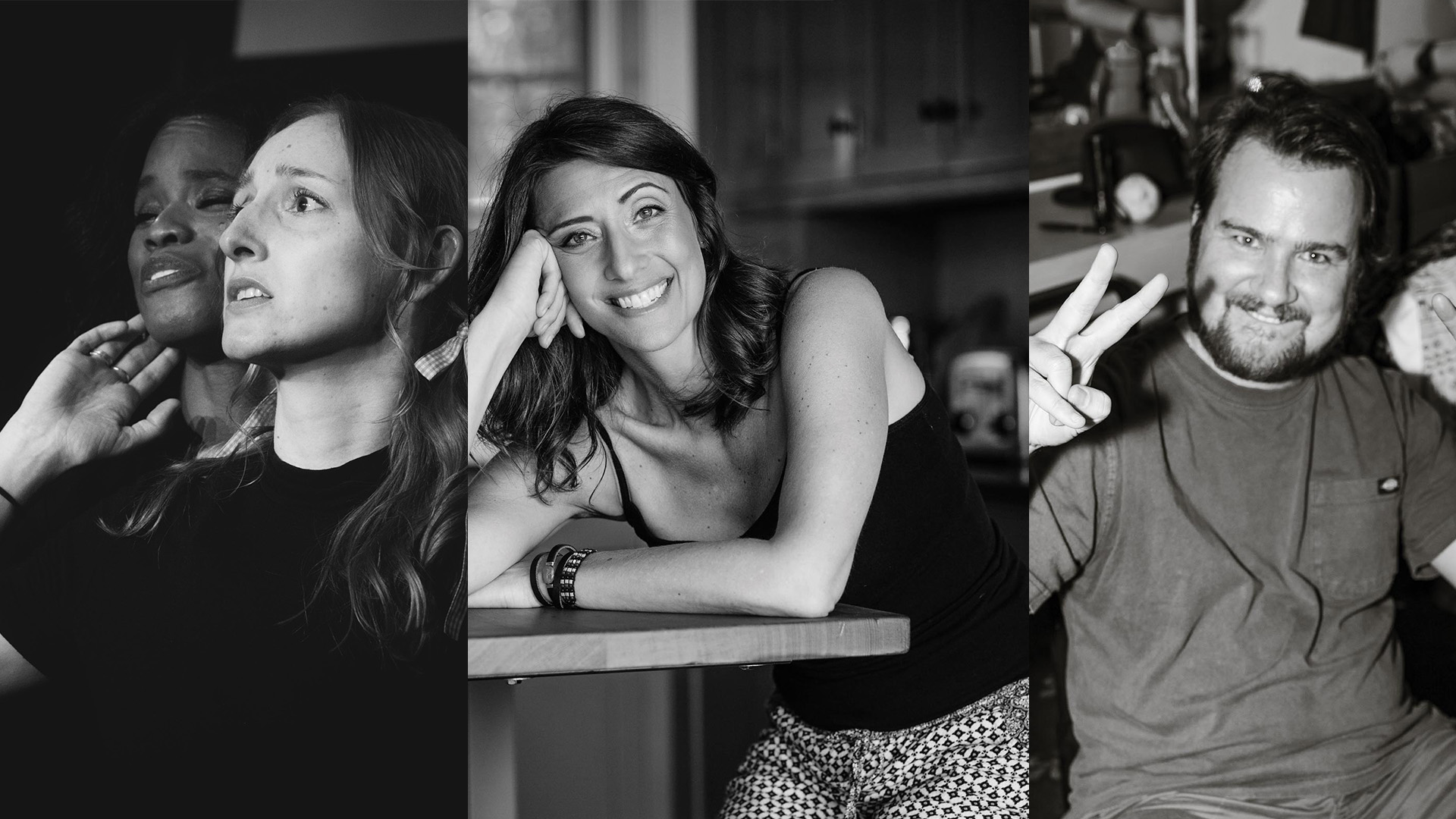Always a Logger: Amanda Díaz ’18

In her first month at Puget Sound, Amanda Díaz ’18 learned in class about a detention center three miles from campus. The daughter of undocumented immigrants, she remembers the disgusted feeling of learning about the abuse people were experiencing at the Northwest Detention Center, which, holding almost 1,600 people, is one of the largest detention centers in the U.S. But when she searched for campus involvement in shutting it down or supporting people inside, she found nothing— so she started organizing fellow students to do just that.
“I started to realize that I’ve actually had a lot of people in my community who have been detained and deported, and I didn’t know the lengths of abuse they were going through,” Díaz says.
Díaz’s instinct to fight for marginalized people defined her time on campus: She designed her own major, American border studies, while pushing the university as ASUPS president to use its power more ethically. Since her graduation, Díaz’s goal to create an equitable and just world for undocumented people has led to her current position as the national hotline manager at the nonprofit Freedom for Immigrants, where she manages the only unmonitored hotline that allows people in detention to report conditions and human rights abuses. She supervises about 70 volunteers who staff the hotline; she also compiles data to analyze patterns of abuse inside facilities and submits civil rights complaints on behalf of callers. Her hope is that the complaints can ultimately end in the person’s release—or, “better yet,” she says, “the closure of the facility.”
The hotline was created in 2013 and was temporarily shut down by Immigration and Customs Enforcement in 2018; in July 2021, it was granted the ability to exist for five more years, free and unmonitored, by a lawsuit settlement. And while Díaz is unsure where exactly her career will take her, at Freedom for Immigrants or beyond, she is certain of the trajectory of her work. “Abolition is my main goal,” she says, referring to the closure of detention facilities and prisons, as well as an end to the idea that anybody deserves to be isolated or abused. “It may not happen in my lifetime, but my work is an investment in a future I know we can live in.”
